Top 10 Things Not to Do If You Want to Get Pregnant
It's impossible to predict when a pregnancy test will come back positive, which makes trying to conceive a big waiting game. You can increase your chances of ... read more...getting pregnant each month by doing a few things. However, sometimes what you choose not to do is just as significant. When attempting to get pregnant, stay away from the following.
-
In addition to harming your overall health and raising your risk for lung, colon, and pancreatic cancer, smoking can decrease your ability to conceive. Smoking causes ovarian follicles to mature more quickly, increasing the risk of infertility and bringing on early menopause. Therefore, avoid smoking at all costs.
Men should also stop the habit. While the effects of smoking aren't as obvious in men, research indicates that the habit may harm sperm's structure and function, and the level of the harm may be linked with the amount smoked. However, the good news for men is that they constantly produce sperm because it is a dynamic process. If your partner gives up smoking right away, the harm that smoking has done could be repaired in three months when a new sample of sperm matures and reaches the ejaculate.
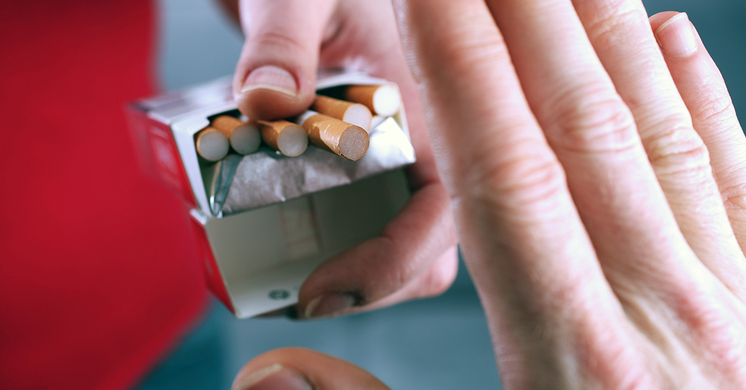
Smoking 
Smoking -
Although you don't have to give up your morning coffee entirely, you might want to think about reducing the number of cups you have each day. For your own health, limit yourself to two glasses per day or less.
According to research published in 2016 by the American Society for Reproductive Medicine, drinking more than five cups of coffee per day is linked to lower fertility, and once you get pregnant, consuming more than 200 mg of caffeine per day (roughly two cups of coffee) may actually increase your risk of miscarriage. Remember that different kinds of coffee have varying amounts of caffeine; a cup of Starbucks coffee often has more than other brands. Additionally, caffeine can be found in tea, hot chocolate, energy drinks, as well as sodas.

Excessive Caffeine 
Excessive Caffeine -
Research suggests that drinking more than two drinks per day may lower fertility rates and lengthen the time it takes for a couple to conceive, while the actual mechanism by which alcohol impacts fertility is unknown. Therefore, limit your drinking while trying for a baby.
Additionally, when you do get pregnant, stay away from it entirely because it is not safe for a growing fetus. If you're drinking, your baby is, too. Alcohol can impede the development of your baby's nervous system and brain. At every stage of pregnancy, but particularly in the first few weeks, alcohol has an impact on your unborn baby. Four or more drinks each week reduces your chances of getting pregnant if you're undergoing fertility treatments like IVF. Your guy ought to put the glass down as well. Alcohol use can result in erectile dysfunction and reduced levels of the sex hormone testosterone. If that happens, you most likely won't become pregnant.
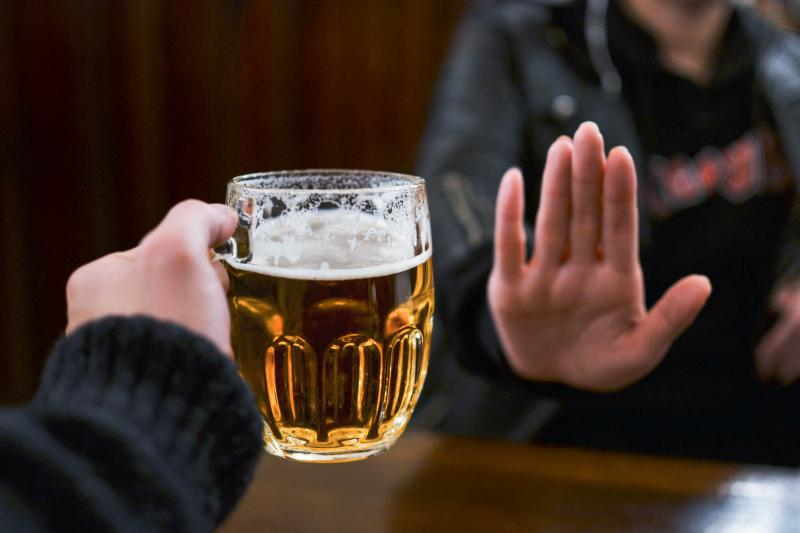
Too Much Alcohol 
Too Much Alcohol -
Adults should engage in 150 minutes of moderate exercise per week, according to the American Heart Association, to improve their overall health and wellbeing. Step up your workout if you're not hitting that target.
According to research, women who exercise moderately are able to conceive a little more quickly than those who don't or who exercise excessively. Start out slowly and gradually increase the speed and intensity. Take the stairs instead of the elevator and park your car further from the store to get more steps in. Choose a sport or other physical activity that you enjoy and that you are motivated to participate in. If you don't feel forced into it, you'll be more likely to stick with it.
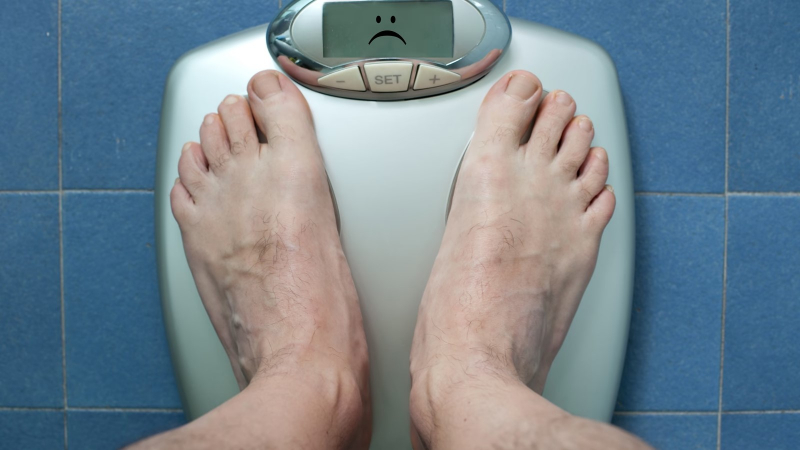
Being a Couch Potato 
Being a Couch Potato -
Exercise is supposed to be good for you — but exercising too much or running too fast can have serious consequences for your body and brain. While it has been suggested that exercise may speed up the process of conceiving, it's also best to avoid over-exercising.
The same study that found a link between moderate exercise and a shorter gestation length also found a link between vigorous, high-intensity exercise and a longer gestation. Excessive exercise may, in part, cause rapid weight loss and hormonal changes that might lead to missed or irregular periods. However, if you're overweight, working out can help you lose weight and raise your chances of getting pregnant. But remember to keep it in moderation.

Extreme Exercise 
Extreme Exercise -
Although it's not assured that certain foods, diets, or supplements will increase your fertility. However, there is strong evidence suggesting that women with infertility caused by irregular periods may benefit from cutting back on sugar and processed foods while increasing their diet of fruits, vegetables, healthy fats, and plant-based proteins.
According to research, eating a lot of fast food and eating less fruit is associated with a longer gestation period. Fast food consumption causes obesity and deficiency in vital nutrients, which makes it more difficult to get pregnant. Women who regularly eat fast food experience slower conceiving rates than those who do not, according to current studies on the subject. Your chances of becoming pregnant will increase thanks to a balanced diet, which also helps you control your weight and insulin levels.
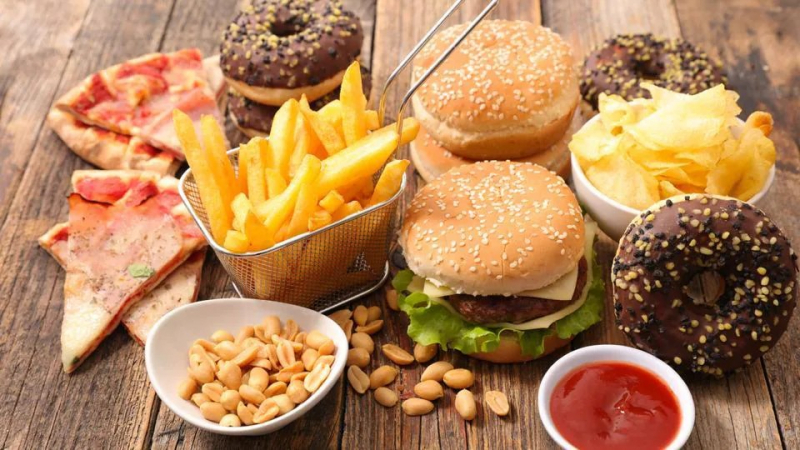
Junk Food 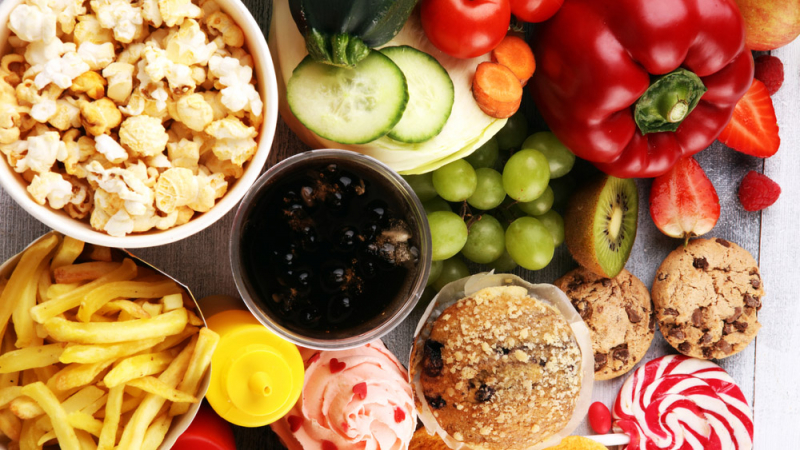
Junk Food -
In addition to the fact that research on stress seems to be conflicting, it is impossible to completely eliminate stress from daily lives. However, recent studies indicate that women may have had more difficulty conceiving with the more stress they perceived to be under.
Several recent studies have found links between women's levels of day-to-day stress and lowered chances of pregnancy. Hormonal changes that can affect ovulation and fertility can be brought on by feeling stressed, especially when it lasts for a long time. If you're struggling to control your stress, talk to your doctor about stress management and look into treatment options like yoga, meditation, and acupuncture, all of which may help lower your stress levels and maybe improve your chances of getting pregnant.

Chronic Stress 
Chronic Stress -
Fish is a great source of omega-3 fatty acids, which support fetal brain development, especially cold-water fish like salmon and sardines. Pregnant women are advised to consume 2-3 servings of fish each week for their own health as well as the health of their unborn child.
However, those who are expecting or who want to become pregnant within the following six months should take precautions when choosing the fish they eat. Fish can also be a source of mercury, which can harm a baby's growing brain and reduce your chances of conceiving again after being pregnant. Pregnant women, women planning a pregnancy and young children (up to six years) should avoid consumption of fish that contain high levels of mercury. Both male and female infertility are linked to higher blood mercury concentrations. Shark, king mackerel, tilefish, swordfish, and other fish with high toxic levels should be avoided.

High-Mercury Fish 
High-Mercury Fish -
It's crucial to get the nutrients you require through a balanced diet, or with the help of supplements if your doctor recommends it. Taking a supplement may benefit those who have particular vitamin deficiencies.
If you're thinking of becoming pregnant, you should take daily prenatal vitamins with 400 mcg of folic acid. It helps prevent neural tube defects, a type of congenital disability. However, stay away from consuming a lot of megavitamins or supplements. For instance, too much vitamin A can cause issues in a growing baby. Before starting to take any supplements, discussing your specific needs with your healthcare professional is always a good idea.
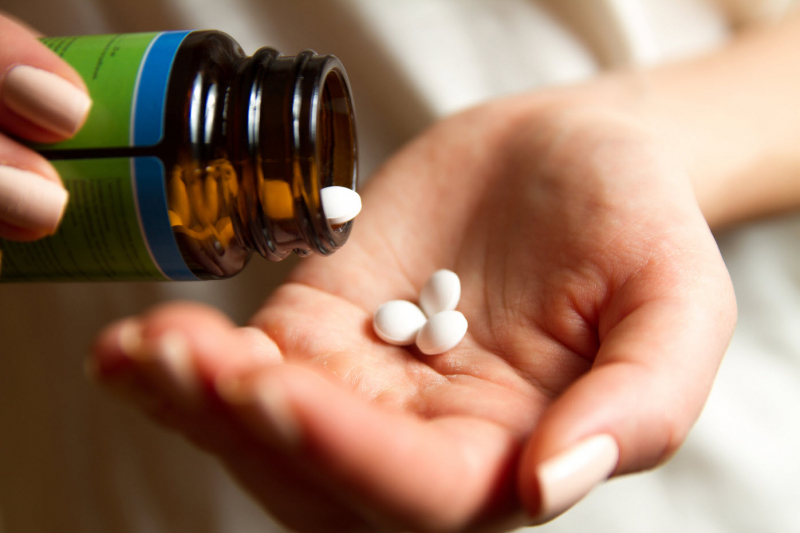
Double Up on Your Vitamins 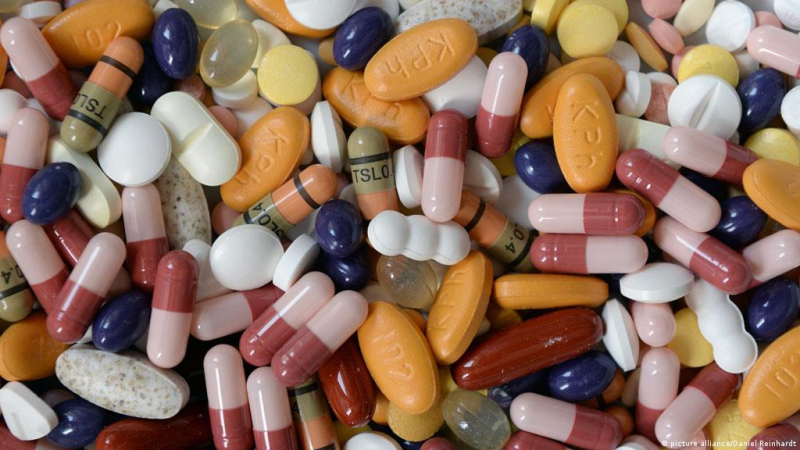
Double Up on Your Vitamins -
Because bisphenol-A, which is found in many home products, is an industrial chemical, it has the potential to affect how your body's hormones, including the hormones related to your reproductive system. According to research, infertile women had greater blood levels of BPA than fertile women, which may lower the effectiveness of reproductive treatments. An irregular menstrual cycle, changes to the reproductive system, and hormonal changes could all play a role in the reason.
Although scientists are currently investigating how BPA might impact fertility, it is recommended to stay away from it if you're trying to conceive: Prefer goods kept in a glass jar rather than a can, choose fresh or frozen foods over packaged foods, etc. Use glass water bottles in place of plastic ones and store leftovers instead of using plastic containers (particularly #7 plastics).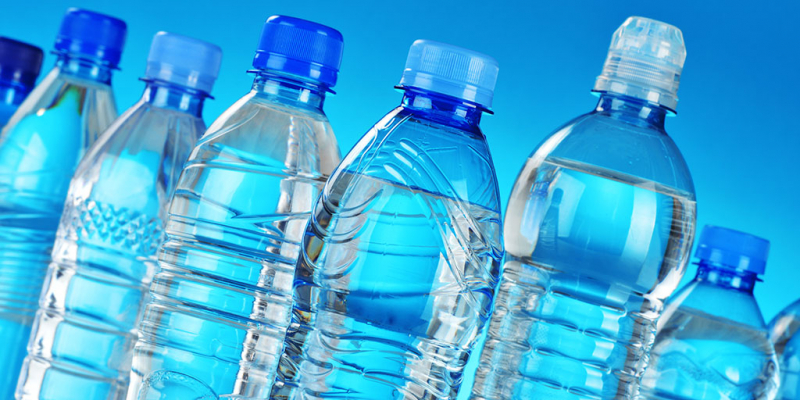
BPA 
BPA































